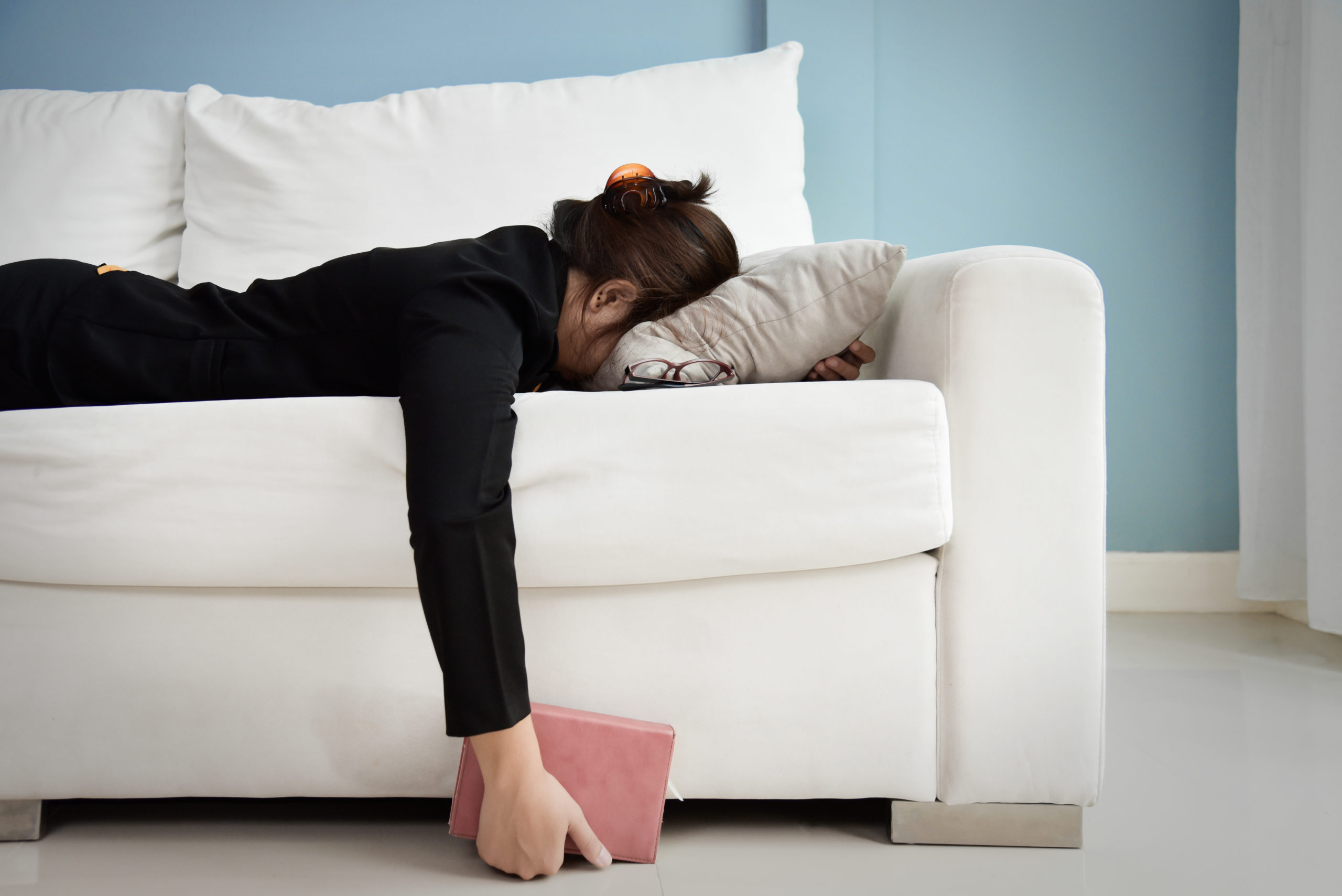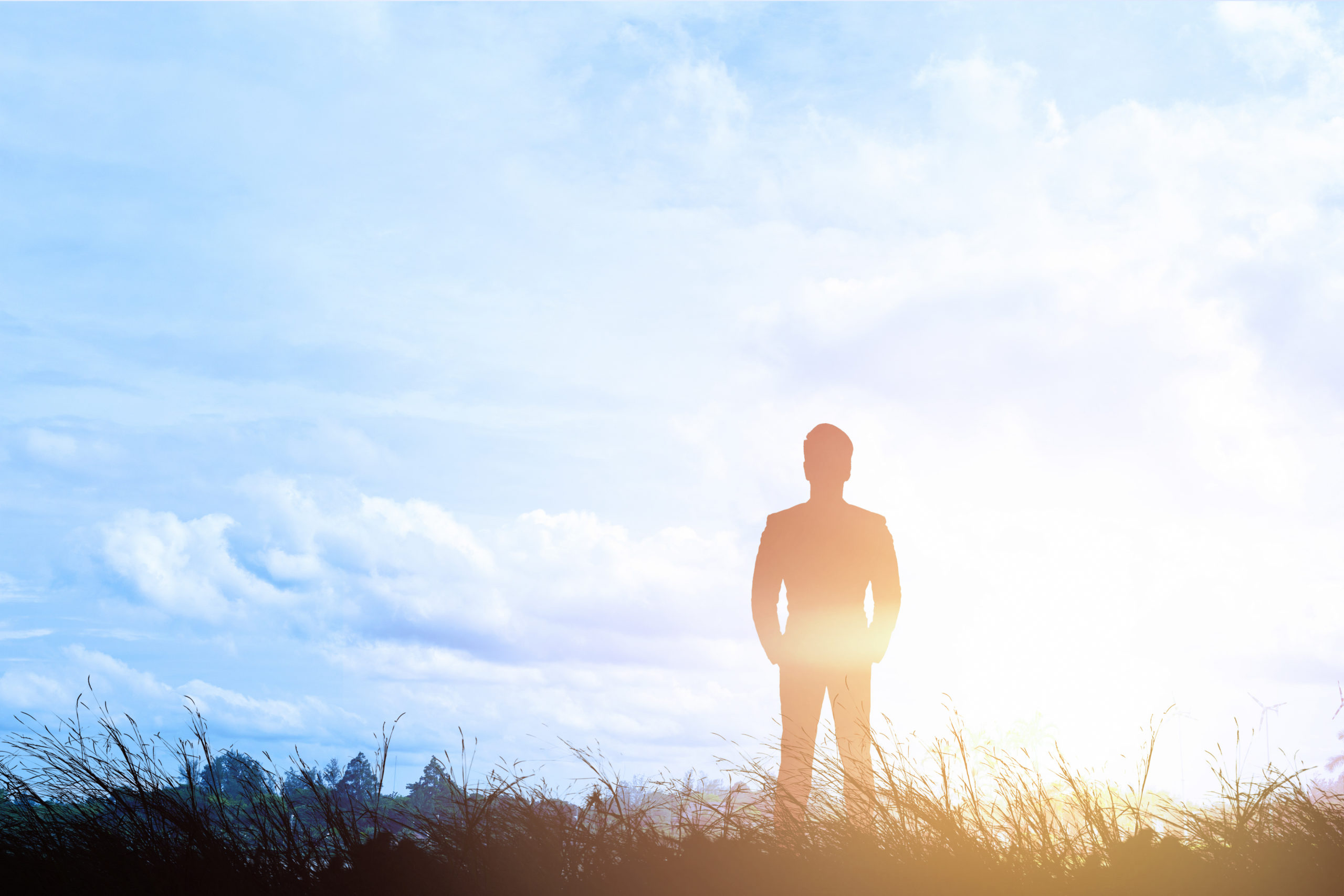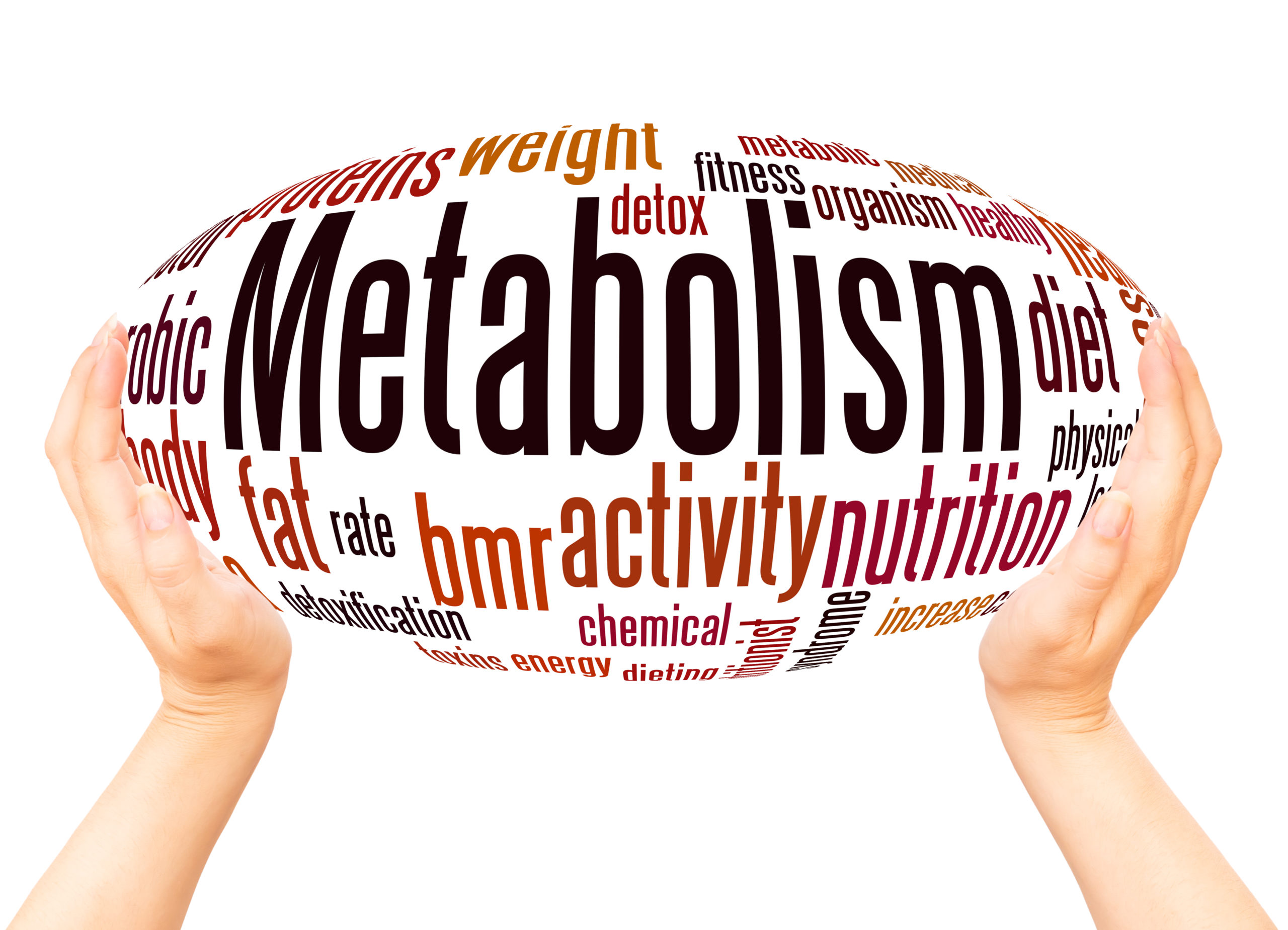Long before Shakespeare wrote “sleep, perchance to dream,” people tossed and turned in the night. While it makes for great drama, it’s a bleak plot twist we’ve all experienced. Today, we know sleep is a complex human activity, affected by lifestyle choices. We also know sleeping well is harder as we age, especially for women. While we’ve learned much, the science of good sleep is still being discovered. Sleeping well depends on many factors, and more issues impact sleep than you may realize.
The Price Paid for Not Sleeping
No matter who you are, sleeplessness and poor sleep take steeper tolls as we age. Each underwhelming night accumulates to worsening effect – not just on health, but also on family, social, and work lives. As insomnia mounts, you lash out at those you love, perform badly at work, and even drive when it may be unsafe to do so – potentially putting bystanders at risk.
I feel like I zombied through half this past decade, thanks to having the worst lifestyle imaginable for good sleep. At 42, I embarked on world travels, working remotely as I budget-travelled through 25 countries over 4 years. I could never have foreseen how badly I’d sleep, how often, or how much toll it’d exact on my health. Insomnia causes varied, but my middle-aged body was vexed by ever-changing bedrooms, climates, diets, hormones, and never-ending jetlag.
I was confident that returning to Canada and setting up a cozy home would make sleeping well a breeze. I conjured a perfect sleep-friendly bedroom with a breathable wool duvet, black-out blinds, and a cushy bed. But three years in, my journey toward sleep continues with a goal of sleeping well for more than four nights at a time.
My hormones are fussy, fussy, fussy. With a sleep-friendly life routine, I can get a few good hours, but life can easily topple routines. Now, for instance, daylight is vanishing at a clip of 3 to 5 minutes daily for the next three months, and setting the clock back looms. It’s the tumult of our biological processes being thrown into seasonal flux. There’s always something getting in the way of sleep, isn’t there?
Women and Insomnia
I’m not alone. Overall, chronic insomnia affects up to 10% of people, but women increasingly experience bouts of insomnia as they age. Before menopause, about 12% of women report sleep issues, skyrocketing to 40% during menopausal transition, and 60% in post-menopause. We’re all keen for sleep solutions.
Stress, lifestyle, and environment all affect sleep quality, but hormones react to all these factors and affect sleep too. Levels of estrogen and progesterone flag and decline over time, as do melatonin levels. These all manage the body’s circadian rhythms, or biorhythms — the natural systems at work in us, that guide, among other things, how we fall asleep at night and for how long.
Hormones act like work orders from one body part to another, explaining what to do. But if hormones are out of whack, ‘work orders’ may arrive in the wrong area, or not at all. The result is that bodies misfire and do the wrong things at the wrong time. An example of this is when hot flashes make you feel like an overheated meat puppet, when all you want is sleep.
Insomnia: A Vicious Cycle
Not sleeping affects us in every way. It can push us into depression and you get a depression and insomnia vicious cycle, one constantly feeding off the other. Even more depressing, every resource on sleeping better reminds you: insomnia is serious, with increasingly serious consequences. As if you didn’t know that already. Now you can lose sleep over not sleeping well. Great!
But that’s why it’s important to develop a sleep-positive routine to help you toward a better sleep-filled life — starting with simply being hydrated. I wish I’d known that when I was travelling, because it explains my sleeping poorly in tropical countries: I was constantly dehydrated. Even today, I often find having some electrolytes in the evening (sugar-free) helps me sleep soundly.
Electrolytes have become part of my good sleep habits. What are yours? Bodies needs care and maintenance to run right, but things get out of whack sometimes and sleeplessness strikes. Still, trying to keep good sleep routines can reduce insomnia’s common triggers, dramatically improving odds of a good slumber.
Science proves good sleep habits make the difference, because, like all things in nature, we too are creatures of routine.
Learning to Sleep Better
For years, I had no routine as a nomad, and all the while I was a hormonal mess pre- and post-hysterectomy in my 40s. I blamed it on travel, but even after creating my perfect bedroom, I still failed to sleep well. It taught me that humans are temperature-sensitive, fuel-reliant machines with a million moving parts.
Often, sleeplessness isn’t about just one thing. It may start with one trigger, but domino effects happen, creating a series of factors that can impede your snooze for days, or weeks. That’s why we need to counter a series of factors daily, not just take a melatonin tablet.
Our modern world stacks the odds against sleeping well. A 24/7 life defies our biological programming. Electricity spawned the electronics that now rob our nights through TVs and devices in our bedrooms distracting us all hours.
That’s why good sleep takes habitual dedication to a routine — discipline, commitment. Even with great habits, the hormonal balancing act may still be elusive and challenging. But the great news is many “good habits” that encourage quality sleep are similarly beneficial in chilling out our hormones.
I’m Better Sleeping Through Routine
I believed a cozy bedroom back in Canada would solve my sleep issues, but soon saw that lifestyle changes were needed for better sleep. I dramatically reduced alcohol, sugar, and my processed food intake. From walking more, actively relaxing, and focusing on hydration, I have worked on my sleeping life from all aspects.
Even modifying my home has been helpful. After 8pm, there are some lights I don’t use because they’re task-oriented daylight or cool, not warm-light bulbs. Similarly, my devices are set to evening “warm light,” including my e-reader and phone. My bedroom is TV-free and my phone stays in the living room at bedtime.
A supplemental solution is easier — a handy pill to get you to sleep – but sleeplessness is an indication that you need lifestyle changes. A balanced life is hard and eludes many of us, but it’s what we need — not just to help us sleep better, but to manage all those critical hormonal processes that govern the way our bodies behave.
A pill may help in the short-term but sleeping well naturally takes conscious choices and habits. Even then, it can be a struggle. If you have ongoing insomnia, document it and raise it with your doctor. It can indicate underlying conditions. There are diagnostic tools like sleep clinics to help ascertain if you suffer a common, treatable condition like sleep apnea.



